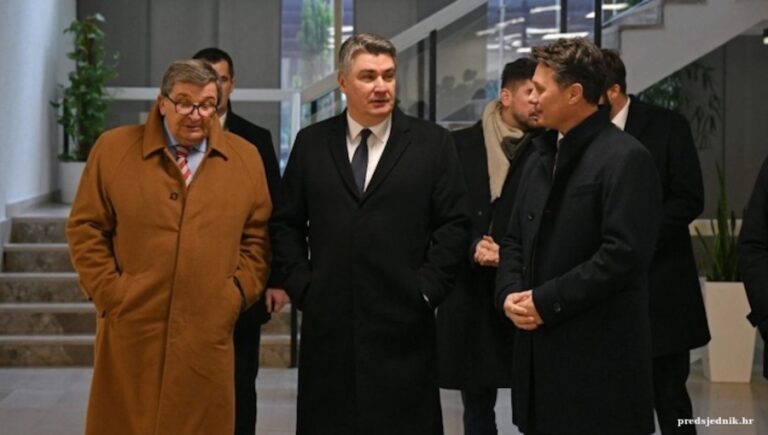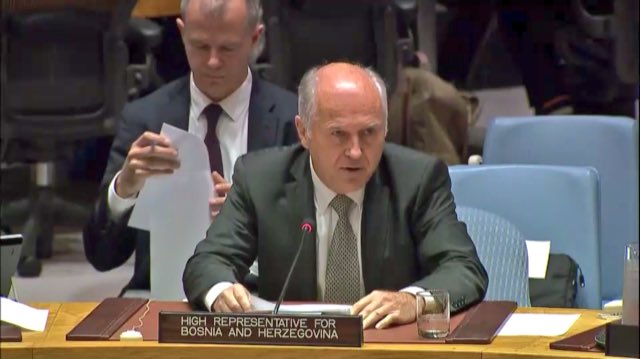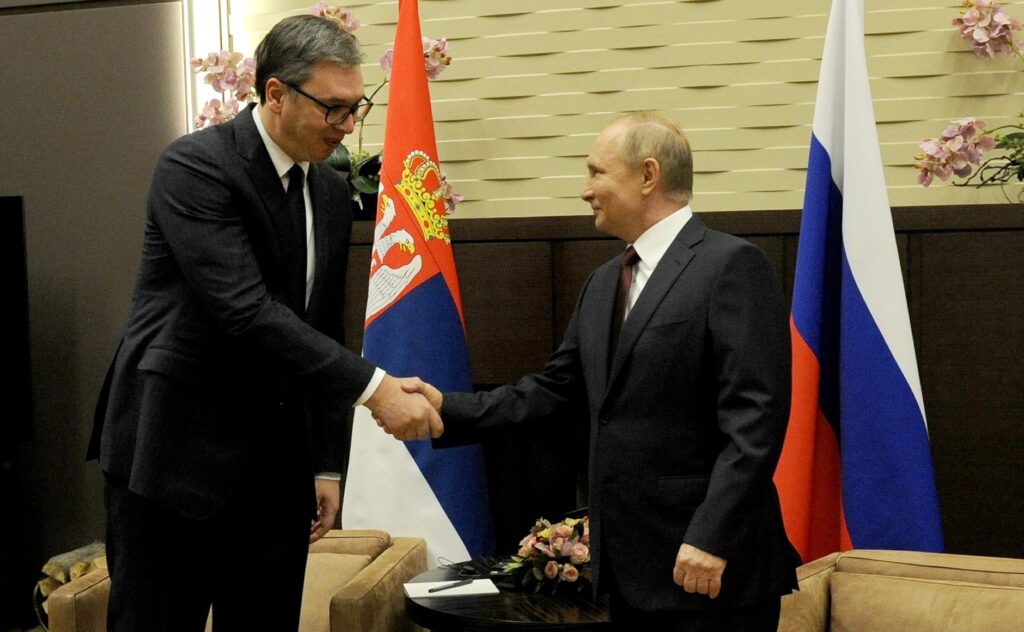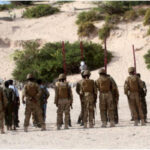When in early 2020 Zoran Milanovic was elected president of Croatia after Kolinda Grabar-Kitarovic of the Croatian Democratic Union, the result was greeted with enthusiasm in the Balkans.
During the campaign, Milanovic appeared to offer a new approach compared to the less constructive path followed by Grabar-Kitarovic, notable among other things for diplomatic blunders.
Many hoped that the president of the Social Democratic Party would refrain from provoking tensions in the region, regarding relations with the politics of Bosnia and Herzegovina.
But it didn’t take long to be disappointed. His position ends up going down the path of populist nationalism and pro-Russian attitudes.
The last one was on Monday, January 30.
Speaking shortly after several European countries agreed to send tanks to Ukraine, the Croatian president argued that Croatia should not get involved in the war, but should only send humanitarian aid and condemn aggression.
He went even further by comparing the annexation of Crimea by Russia with the independence of Kosovo from Serbia.
“Who annexed Kosovo? The international community, including us,” Milanovic said on Monday in his speech in the Croatian city of Petrinja, where he spoke about the war in Ukraine.
“Kosovo was taken from Serbia by force, it was taken out, a part of the Serbian territory was taken. What do you call this? Extraction”.
While he condemned the Russian invasion of Ukraine, he would continue to echo the Kremlin’s policy regarding the similarities between Kosovo and Crimea.
“I don’t question Kosovo, but the whole concept where someone thinks they can do anything when it suits them, but when the other side does it, then it’s a crime,” Milanovic said in front of the cameras. “It’s clear that Crimea will not to never be a part of Ukraine”.
It is not the first time that the Croatian president makes controversial statements with confrontational positions with those of the Croatian government. They were the same shortly before and after the start of the Russian war in Ukraine, absolutely pro-Russian attitudes and contrary to the attitude of the government, a government that is part of the EU and NATO.
While there is still no official reaction from Pristina regarding Milanovic’s statements, the Foreign Ministry of Kiev reacted immediately.
“We consider unacceptable the statements of the president of Croatia, who in fact questioned the territorial integrity of Ukraine,” said Oleh Nikolenko, spokesman for the ministry.
Reaction came immediately from Croatian Prime Minister Andrej Plenkovic himself, who said that the president “is sinking deeper and deeper into the swamp”.
But this was not the only disappointment from Milanovic.
In February 2022, before the Russian invasion of Ukraine, Milanovic sparked a controversy by saying that there is no stability in Europe without Russia.
He also argued that Ukraine should not be admitted to NATO and that in the event of a war, Croatian troops would be withdrawn from Ukraine.
In May 2022, Milanovic again took a rather pro-Russian stance, saying that he would veto the admission of Sweden and Finland to NATO if he could and refused to host the training of Ukrainian troops in Croatia.
In August of the same year, Milanovic said that Western sanctions have harmed Croatia and are not effective against Russia. As a member of the EU and NATO, the Croatian government imposed sanctions on Russia following its invasion of Ukraine on February 24.
In January this year, Milanovic directly criticized the EU’s sanctions against Russia, calling them “a disaster and total stupidity”.
One of Milanovic’s scandals was a statement he made during a dinner, where he denied that in Srebrenica, where more than eight thousand Muslims were massacred during the 1992-1995 Bosnian war, a literal genocide had been committed.
In Srebrenica in 1995, “serious crimes were committed, but not a real genocide”, Milanovic declared.
The Zagreb Presidency’s subsequent denials, which spoke of incorrect interpretations of Milanovic’s words, did little to quell the outrage they created.
Not a few have been the interventions in the politics of Bosnia and the influence to change the electoral law there. Often using Croatia’s EU membership to give the image of representing European values and standards that they should convey to Bosnia.
It is known that the figure of the President in Croatia is a ceremonial figure even though he is the Supreme Commander of the Armed Forces. But despite this, Milanovic’s pro-Russian stance (although he denies it) did nothing but enthuse nationalist spirits in Russia and Serbia, causing significant damage to the country’s image as a member of NATO and the EU. -‘s.
It is not thought that this damage can go further than that.
But of course, on the one hand, it points out even more the problems that Brussels has within itself, that Union not only political, but also of values. In her first speech on the state of the Union, Von der Leyen said “European values are not for sale”. But in these years of populism and sovereignty, this maxim has been more than controversial.
On the other hand, the attitude of the Croatian president makes the need for the integration of the Western Balkans in the European Union even more urgent and obvious for Europe.
Post Author
Author
-
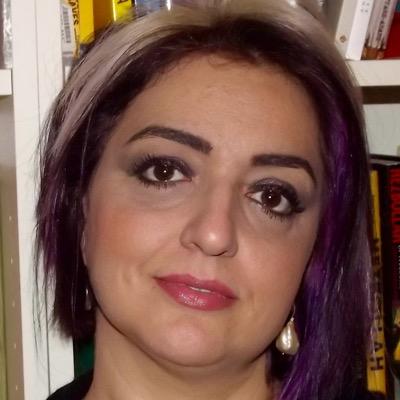
Researcher on International Relations Middle East and Balkans
View all posts
CSSII- Centro Interdipartimentale di Studi Strategici, Internazionali e Imprenditoriali,
Università di Firenze, Italy, Albania


